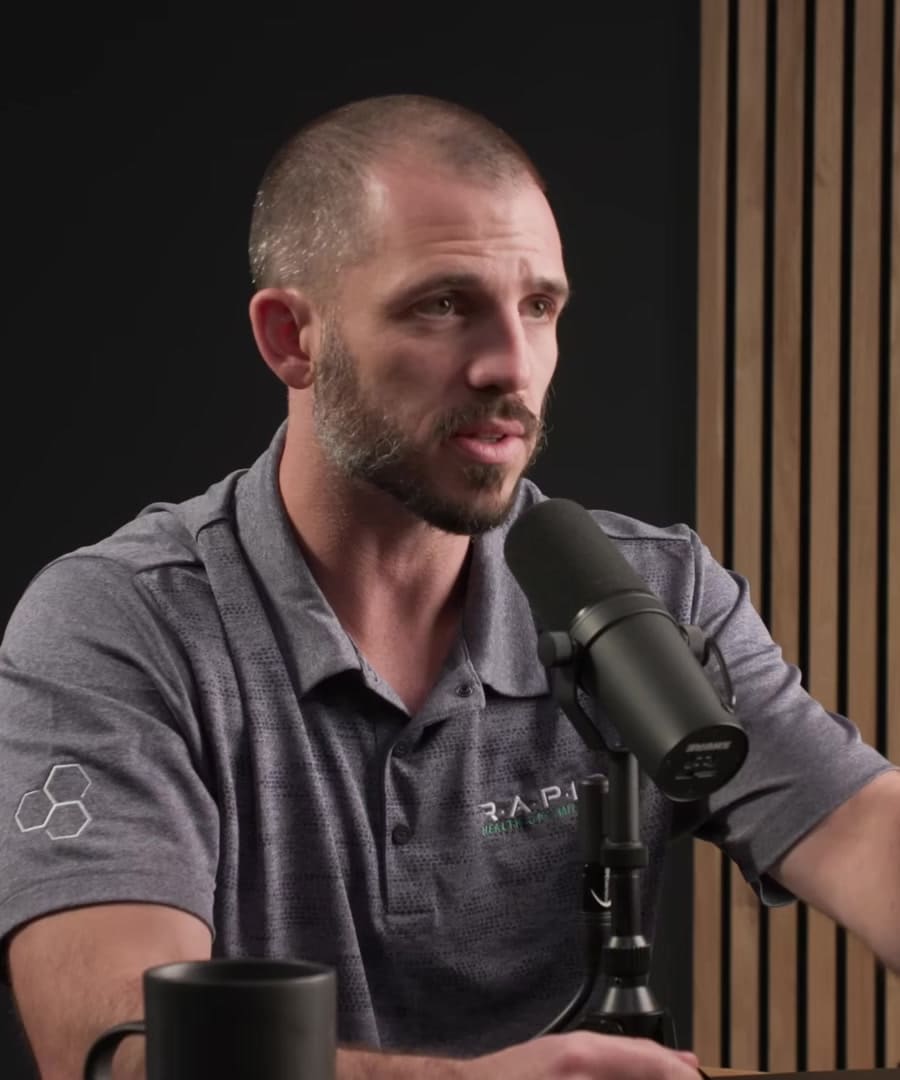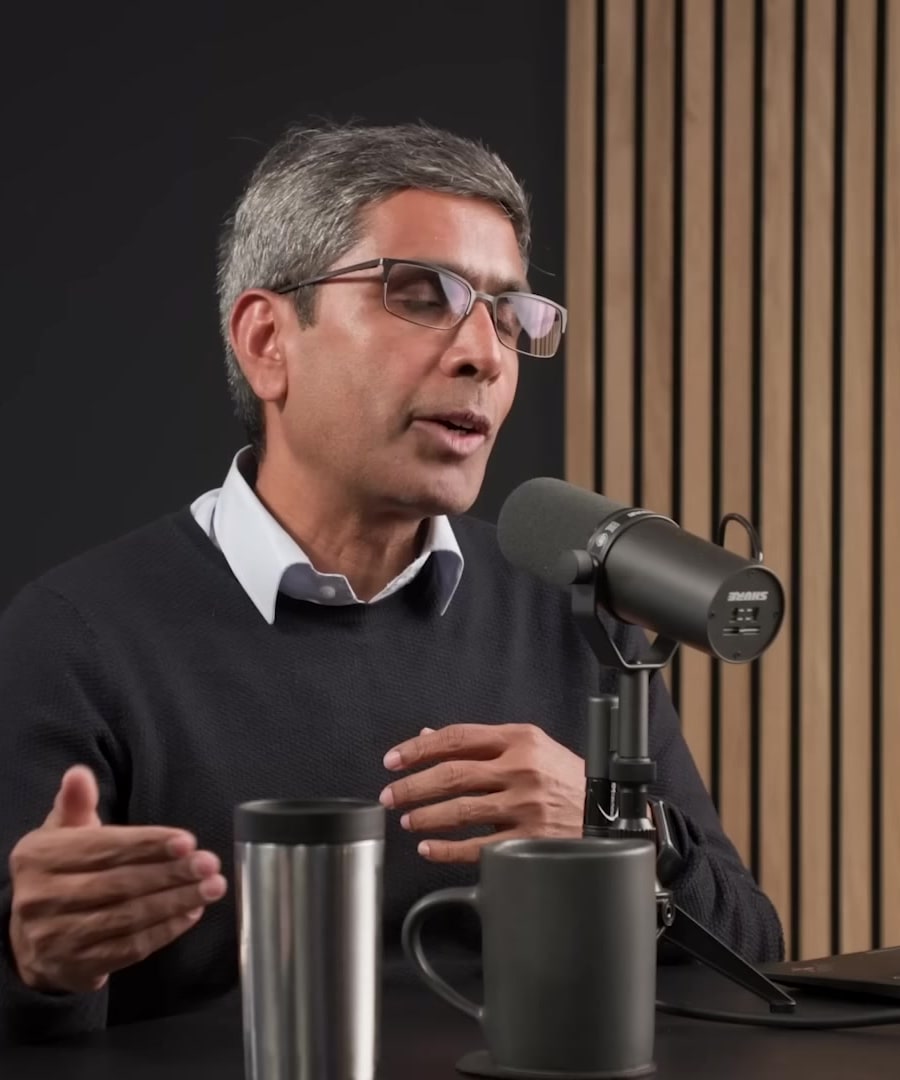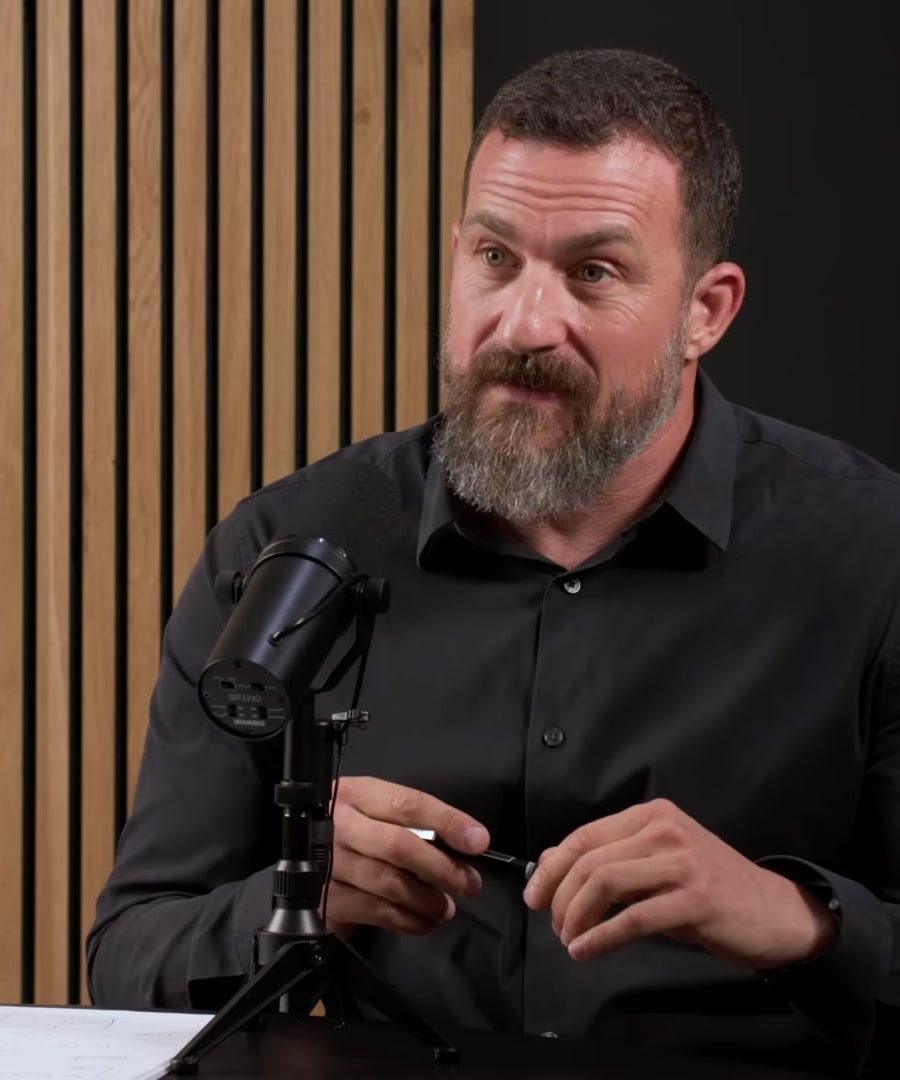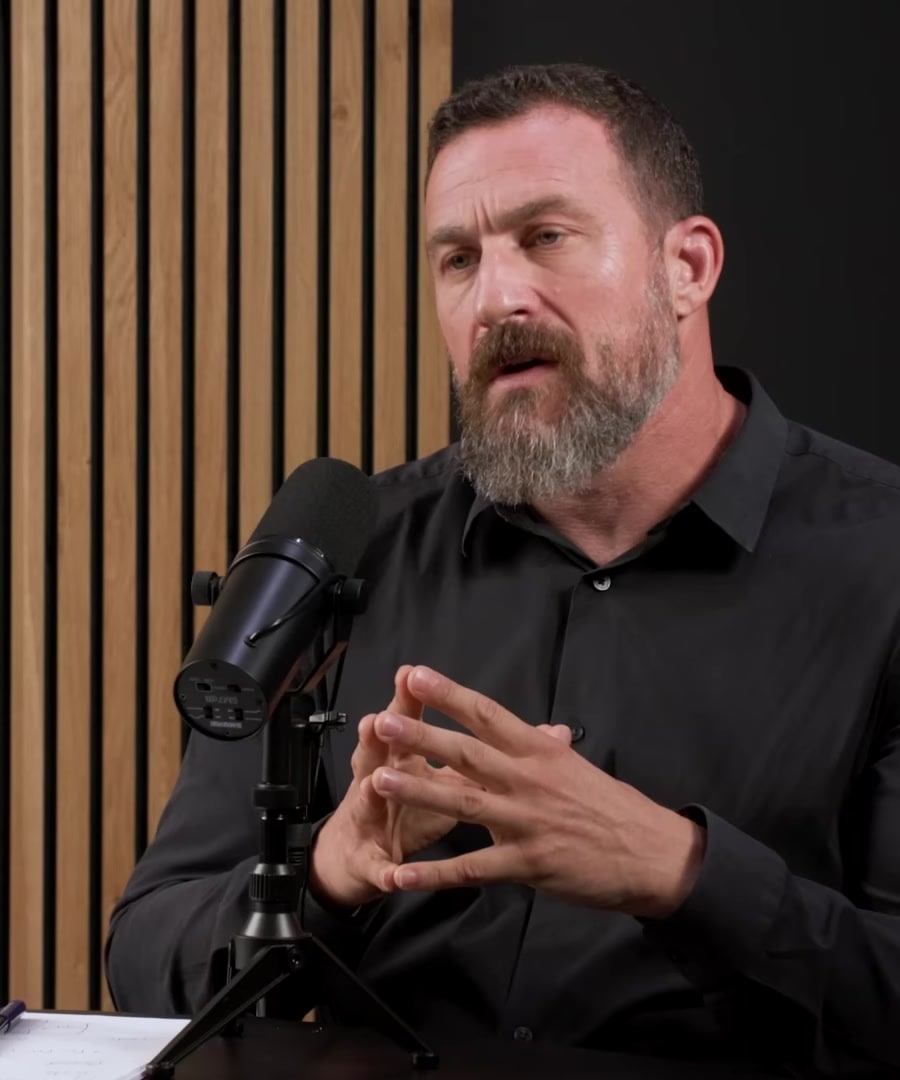How to prevent prostate and bladder problems?
Sources:
Maintaining prostate and bladder health can involve several strategies as discussed on the :
-
Cycling with the appropriate equipment:
- Use a noseless and wider seat to distribute weight evenly and relieve pressure on perineal nerves and arteries.
- Avoid slouching or leaning forward to maintain good posture which benefits the pelvic floor 1.
-
Managing triggers for prostate health:
- Limit intake of irritating substances before bed, such as caffeine or alcohol, to reduce nighttime urination.
- Recognize that foods and drinks like spicy or acidic ones, caffeinated beverages, and alcohol can irritate the bladder.
- Adjusting lifestyle habits to minimize these symptoms may help maintain prostate and bladder health 2 3.
-
Pelvic floor considerations:
- Engage in exercises that strengthen the pelvic floor to ensure proper muscle function.
- Medications like tadalafil can decrease congestion in the prostate and may serve additional health benefits beyond treating erectile dysfunction at lower doses.
- Maintaining adequate blood flow to the pelvic region, avoiding long periods of sitting, and ensuring proper hydration may support the prostate and pelvic floor health 4.
Please consider these findings as informational and consult with a healthcare professional for personalized medical advice.
-
Can I loose my weight by 10 kilos in 3 months
Sources:
Losing 10 kilos (approximately 22 pounds) in 3 months is a goal that many people have and is typically achievable with the right approach. Here are some insights from the that may assist in developing a strategy for weight loss:
-
Realistic Goal Setting: Creating a plan with realistic and gradual goals can be effective. This approach encourages sustainable changes rather than expecting immediate results. For instance, losing a small percentage of body weight each quarter could lead to the overall goal without excess stress or risk of injury 1.
-
Physical Activity: Enhanced physical activity, especially that which is challenging and engages cardiovascular exertion, can play a pivotal role in weight loss and building tenacity and willpower 2.
-
Dietary Changes: Time-restricted eating, where you limit your eating to an 8-12 hour window, could benefit weight loss and overall health 3. Furthermore, quality of food and consistency in good nutrition practices contribute to better weight management 4.
-
Tracking Tools: Tools like step counters and calorie trackers, while not perfectly accurate, can assist in maintaining higher levels of non-exercise activity thermogenesis (NEAT) and provide relative measures of increased physical activity for weight loss 5.
-
Rapid Weight Loss Considerations: Some research suggests that people who lose more weight early on are more likely to keep it off. However, rapid weight loss must be managed properly to ensure it doesn’t negatively affect health, and any transformation plan should involve a balance between sustainability and initial "buy-in" from rapid initial progress 6.
-
Professional Guidance: Engaging with professionals such as dietitians, trainers, or chiropractors could help you adjust your diet and exercise routines in a sustainable way that promotes fat loss without injury 1.
To reach your weight loss goal, you should combine these strategies with a commitment to consistent effort and, if possible, seek professional guidance. It's also essential to understand that while losing weight at a steady pace is possible, the rate of loss can vary greatly from person to person.
Always consult a healthcare provider before beginning any new diet or exercise program.
RELATED QUESTIONS-
How do I reduce my addiction to sweets? Especially in the evening, after work
Sources:
Here are several strategies to reduce your addiction to sweets, especially in the evening after work, as discussed on the :
-
Essential fatty acids and amino acids: Consuming essential fatty acids like EPA and amino acids can reduce sugar cravings. Fish oil supplements can be an accessible source of these nutrients 1.
-
Glutamine supplementation: Supplementing with the amino acid glutamine may also help reduce sugar cravings. Start with lower doses to gauge tolerance, especially if you have a sensitive stomach, and consult a doctor if you have a history of cancer 1.
-
Lemon or lime juice: Using lemon or lime juice can help reduce the sharp rise in blood glucose that often follows the consumption of sugary or carbohydrate-rich foods 2.
-
Mindful eating practices: Separate emotions from hunger by labeling your feelings and rating your hunger on a scale. Check in with yourself before eating to assess if you're truly hungry or just bored, which can help manage cravings 3.
-
Avoiding hidden sweeteners: Be aware of non-caloric sweeteners added to various foods, as they can drive cravings and hunger by affecting insulin and leptin levels. Creating safe environments at home and work without tempting sweet options can also be beneficial 4.
-
Using caffeine wisely: If you're trying to reduce sugar cravings, consider if you're consuming sugar with caffeine, as this can enhance sugar's reinforcing effects. You can use caffeine strategically to develop a preference for healthier options, like herbal tea 5.
Remember that reducing an addiction to anything, including sweets, often requires a multifaceted approach that includes understanding your body's responses, creating an environment that supports your goals, and possibly seeking guidance from professionals. Always consult with a healthcare professional before making significant changes to your diet or supplement regimen.
RELATED QUESTIONS-
How to prevent prostate and bladder problems?
Can I loose my weight by 10 kilos in 3 months
- RELATED QUESTIONS
How do I reduce my addiction to sweets? Especially in the evening, after work
- RELATED QUESTIONS














